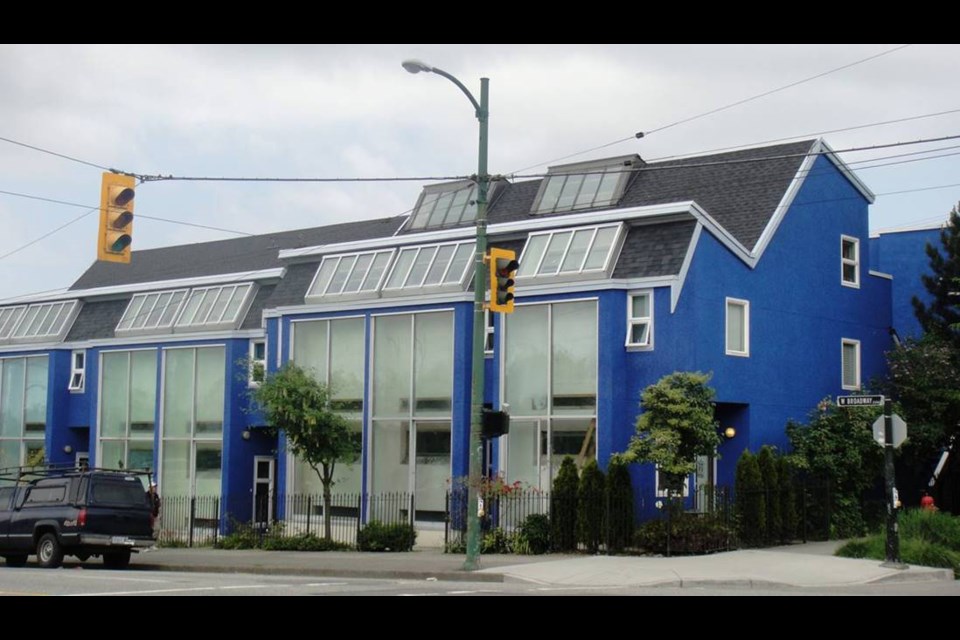During the recent election campaign there was considerable discussion about the cost of living in Vancouver and the respective roles of government and private sector in delivering affordable housing. Included in this discussion was the future role of the newly created Vancouver Affordable Housing Agency (VAHA) and the mayor’s promise to build 4,000 rental units over the next four years.
As I contemplate the city’s appropriate role in affordable housing development, I cannot help but reflect on trips I made earlier this year to Russia where I served on a competition jury for Moscow’s new International Financial Centre.
During these visits, I learned how Russian housing has transformed over the years, especially since the dissolution of the Soviet Union.
Until dissolution, most urban housing was developed and owned by government and generally consisted of large, plain high-rise apartment blocks. Local authorities were responsible for renting the suites and rents were kept extremely low, and in many cases insufficient to fund maintenance costs.
Over time, the housing deteriorated, vandalism was widespread, and many households were forced to share kitchens and bathrooms.
After the fall of the Soviet Union in 1991, the housing sector was essentially privatized and government withdrew from project development. Many renters were offered title to their units at no cost, although somewhat surprisingly, many older Russians decided to forego the necessary paperwork to acquire their units and continued to rent.
By the mid-1990s, more than half of Russia’s housing was privately owned with the remainder administered by municipal authorities. Conditions improved considerably in owner-occupied housing as owners ensured higher standards of maintenance. However, due to a lack of funds from local authorities, public housing continued to deteriorate.
It is interesting to compare the Russian experience with what happened in Canada. Starting in 1949 the federal and provincial governments built and owned much of our country’s low-income housing. However, in 1973 new CMHC programs transferred much of the responsibility to non-profit organizations and housing cooperatives who took over construction, ownership and management. Instead of large-scale government-owned public housing, new projects tended to be mixed-income and smaller scale.
Twenty years later, the federal government ended its funding of new non-profit and cooperative projects.
Today the federal government provides approximately $1.6 billion in subsidies to these projects. Since their mortgages are slowly being paid off, over the next 25 years, the federal government plans to end all subsidies.
Last month, the B.C. Non-profit Housing Association, whose membership includes all of the province’s non-profit housing organizations, held its annual conference in Richmond.
More than 800 were in attendance, representing not only non-profits, but also the various levels of government and industry suppliers.
A key concern for those present was the federal government’s plans to withdraw subsidy assistance. However, many non-profits who lease their sites from the provincial government had an added concern since the province now wants them to buy their sites. This obviously has something to do with bookkeeping. Although the province has offered to lend the required funds, like some older Russian tenants, many non-profits prefer to continue leasing rather than own.
There is another similarity with Russia. Many non-profits are in the same boat as those Russian municipalities who could not afford to maintain their projects while keeping low rents.
A number of the conference sessions looked at how these non-profits might survive in the future.
In some instances, they will need to find other funding sources. In others, they might partner with developers where it is feasible to infill market units on their sites. For some, the best solution may be to sell their ailing project to a developer who will build replacement units elsewhere, and then demolish and redevelop their site.
All of this is happening just as the city is setting up its Affordable Housing Agency. Many of the non-profits I spoke to at the conference are hoping this agency will be there to help them out.
I would advise the VAHA to be careful. Otherwise, Vancouver could find itself increasingly getting into affordable housing development at a time when governments in Russia and British Columbia are increasingly getting out.
twitter.com/michaelgeller



